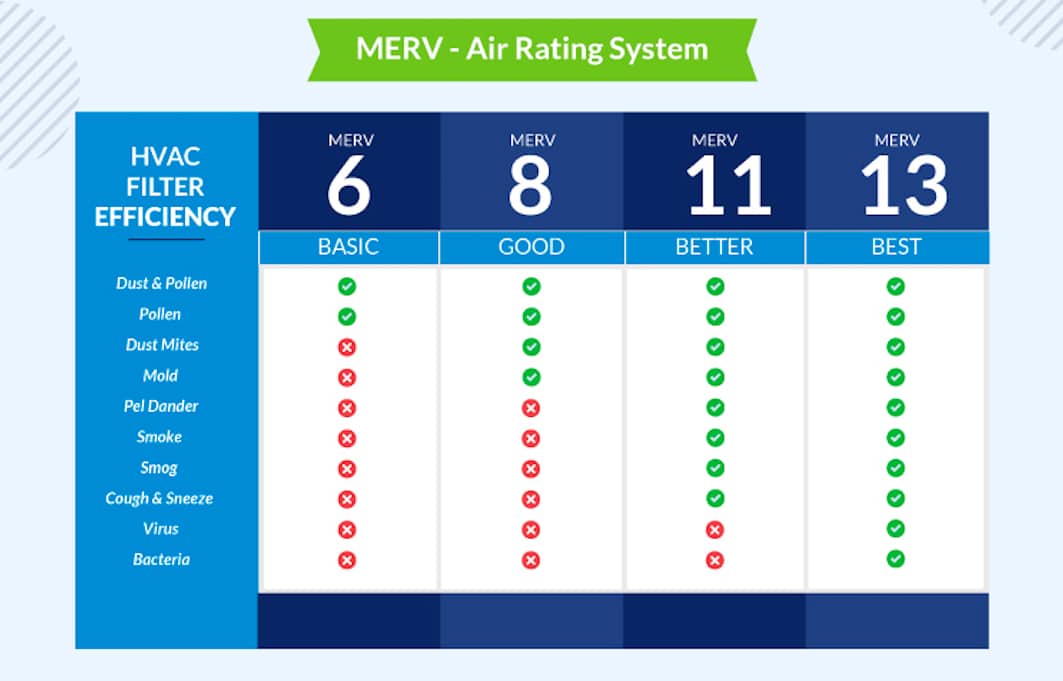Enterprise Cloud Computing wikipedia-All You Need To Know
About Enterprise Cloud Computing wikipedia-
Today, we’re witnessing the third huge shift in information technology over the past 50 years. Cloud
computing or Internet-based computing has changed the way we were thinking about the IT. However, there is no need to know
more about the business implications of cloud computing, but it is rapidly evolving as an enterprise
element.
So, what is the enterprise cloud computing and how it benefits enterprises or businesses? Let’s explore!

What do you mean by enterprise cloud computing?
The enterprise cloud computing is a unified platform comprising
a wide range of software and hardware intended to fulfill the
critical needs & deeds of the organizations. It fulfills the various
requirements of the enterprises including:
Strong reliability, which includes inbuilt redundancies in
order to make sure that your business can operate
smoothly even if one system fails.
What are the features of Enterprise Cloud Computing?
• Robust and strong security, which comprises of robust database security and the ability to
restrict the access based on profiles created for a specific person.
• A central data storage system, which collects and organizes data from the entire organization
while controlling access to the data according to security protocols.
• The ability to add and customize applications as needed, giving them the necessary access to
data in a relatively painless way.
• Providing access to the IT assets anytime
Moreover, it allows enterprises to access IT resources smoothly anywhere, anytime with little or no
supervision. Enterprise cloud computing is a way of deploying cloud computing for the businesses while
enabling them to leverage from cost and other benefits.
What are the different types of cloud computing organizations can leverage from?

Cloud computing for enterprise can be divided in two ways, based on the location of the cloud
computing infrastructure and based on the services provided.
Based on the cloud computing infrastructure includes following types:
• Public Cloud Computing: It can be used when resources like storage and applications are
provided to the local public for a free of cost. Google Docs, Dropbox, IBM’s Blue Cloud and
Amazon Elastic Compute Cloud are a few examples of it.
• Private Cloud Computing: It can be used when a business or an organization has a dedicated
computing structure for its own purpose. It is quite expensive as compared to the public cloud
computing, but it is more secure than it.
• Hybrid Cloud Computing: To overcome the issue of budget and security, many enterprises are
choosing this type of cloud computing. Generally, applications that are crucial for the operations
or containing sensitive data run on private cloud while the rest of the process runs on the public
cloud.
• Community Cloud Computing: It is used when computing infrastructure is going to be shared
between different enterprises.
Based on the services provided:
• Infrastructure as a Service (IaaS): IaaS offers hardware-related services over the cloud, which
includes storage services or the provision of virtual servers similar to those provided by
Flexiscale, Amazon and Rackspace Cloud Servers.
• Platform as a Service (PaaS): It provides a solution stack and computing platform for the
enterprises or organization. In this scenario, the organizations create software with the help of
the service provider’s libraries or tools.
• Software as a Service (SaaS): It brings a complete solution in the cloud, which includes customer
relationship management or even Web mail.
Enterprise cloud computing can do a lot more for the organizations…
It allows businesses to leverage from cloud computing while catering the diverse needs & deeds of
the organizations, such as price cutoff, collaboration and efficiency. Apart from all these, it benefits
organizations in the following ways:
• One of the very first benefits that organizations can leverage from cloud computing is a price
reduction. By reducing the requirement for hardware and cost related to the other services, it
can easily help enterprises get down their overall IT investments
• As it eliminates the need of any upfront investment, it is possible for the businesses to
experiment with new ideas to see what works best for them.
• Cloud computing would help organizations or enterprises to collaborate smoothly with
suppliers, trading partners and other affiliated businesses while helping employees to work
together more effectively and productively.
From the above discussion, it is clear that enterprise cloud computing can bring a whole host of benefits
to the enterprises or organizations based on their requirements. What’s your stand? Share your views in
the comments…!
Author Bio: Jagruti Patel with great interest and passion for technology, loves to share insights and
views about technology solutions and specific in ASP.net development services. She has deep roots
and understanding of Microsoft technologies and is currently working with Cygnet Infotech, a software
development company in India.
Enterprise Cloud Computing wiki infographic

Know Cloud Computing wiki?



